Mr Abubakar of the main opposition PDP called the result “a rape of democracy” after getting 29% of the vote.

Hours earlier the Labour Party’s Mr Obi, who got 25%, told supporters they had been “robbed” of victory, and vowed to “prove it to Nigerians”.
Bola Tinubu of the ruling APC party was declared the winner, with 37%.
The election “was grossly flawed in every material particular and as such, must be challenged by all of us”, Mr Abubakar said, adding that he was consulting his lawyers.
Earlier, Mr Obi said Saturday’s elections would go down as “one of the most controversial elections in Nigeria’s history”.
“The good and hard-working people of Nigeria have again been robbed by our supposed leaders whom they trusted,” he told journalists on Thursday.
Both politicians have 21 days from the day the results were announced to challenge the result at Nigeria’s highest appeal court.
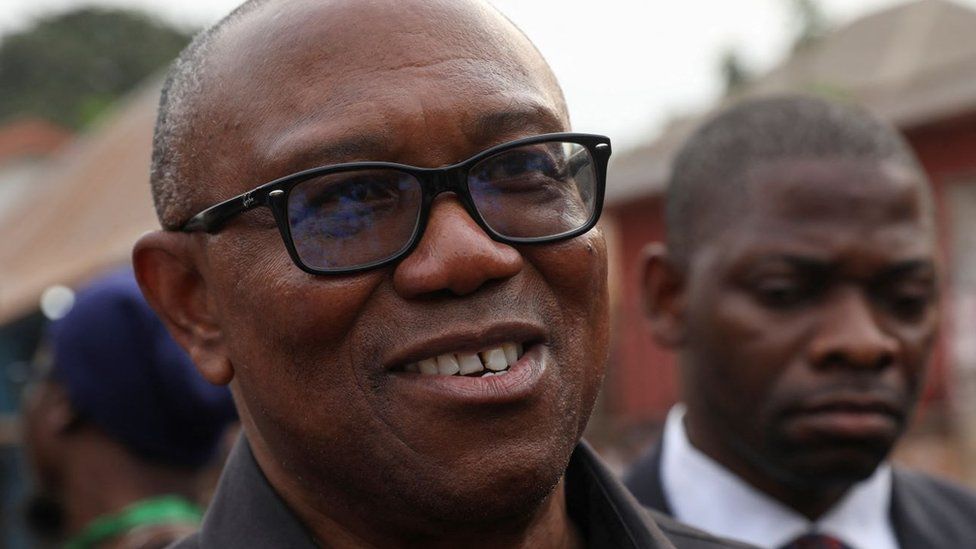
Mr Obi refused to say what evidence he had to prove that he won the election but his challenge is likely to be based on the inability of the Independent National Electoral Commission (Inec) to publish results from the polling units in real time using a new electronic transmission system.
Inec’s guideline for the election explicitly states that results from each of the more than 176,000 polling stations will be electronically transmitted to the commission’s collation system and also uploaded to its website.
But that was not possible on Saturday, with Inec apologising for what it called “technical glitches”. It said that any discrepancies between results on the portal and “physical results” would be investigated and resolved.
Inec also blamed delays on factors beyond its control, like the lack of internet access at some polling stations, for its inability to upload the results.
But days after the elections ended, the commission has still not uploaded all the results from the polling units to its website.
The elections were marred by lengthy delays which saw some voters queuing through the night to cast their ballots and voting extended to Sunday in some areas.
There were also some cases of arming men attacking polling stations and stealing ballot boxes.
But it is not clear whether such problems were enough to affect the outcome, as Mr Tinubu had a margin of victory of about 1.8 million votes.
Saturday’s election was Mr Abubakar’s sixth unsuccessful attempt at the presidency.
Although Mr Obi was with the PDP until last year, and was its vice-presidential candidate in 2019, he was seen by many as a fresh face, and mounted a strong challenge to the two parties which have dominated Nigeria since the end of military rule in 1999.
He gained particular support among young people, especially in the south, who feel they have been failed by previous generations of political leaders.







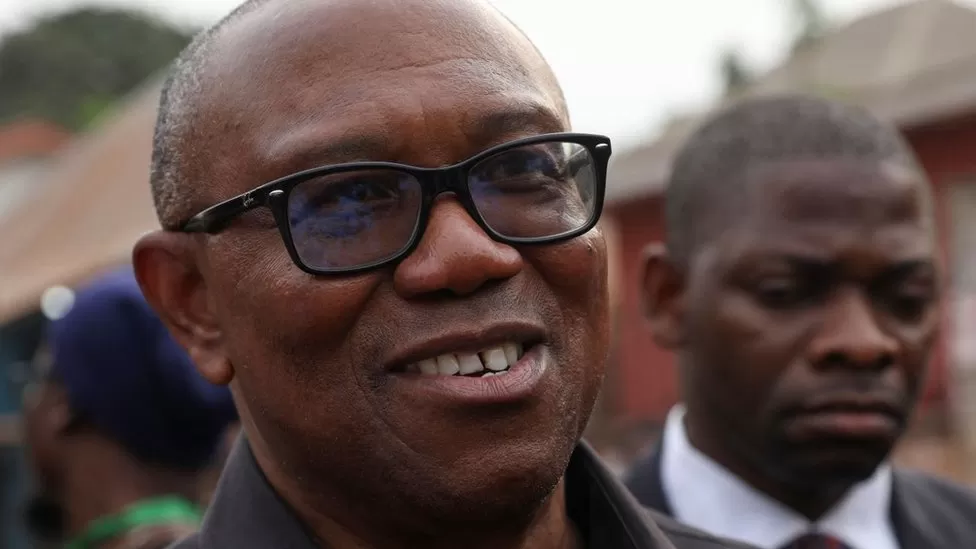

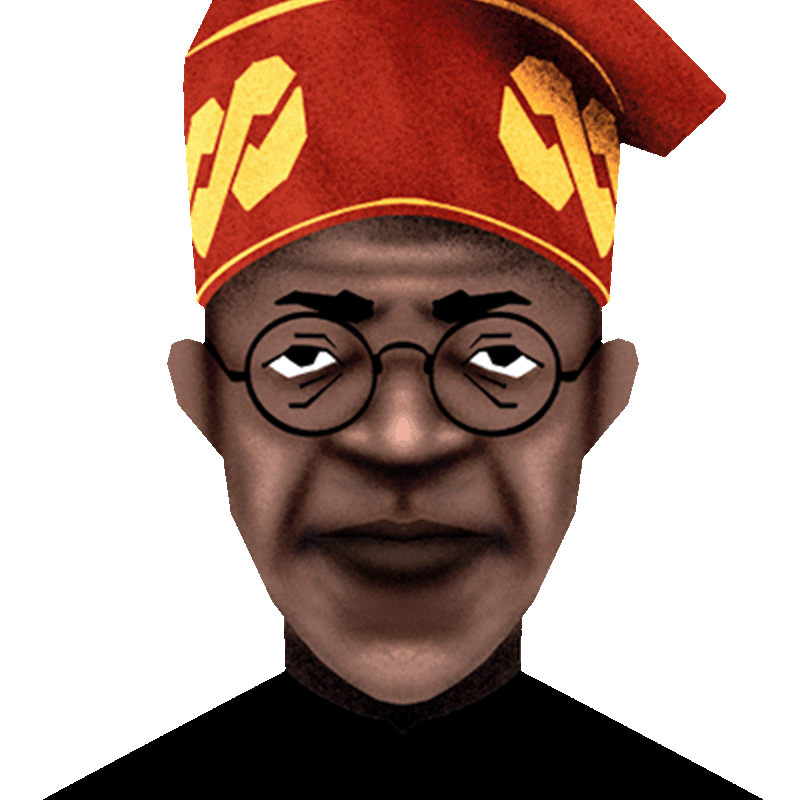
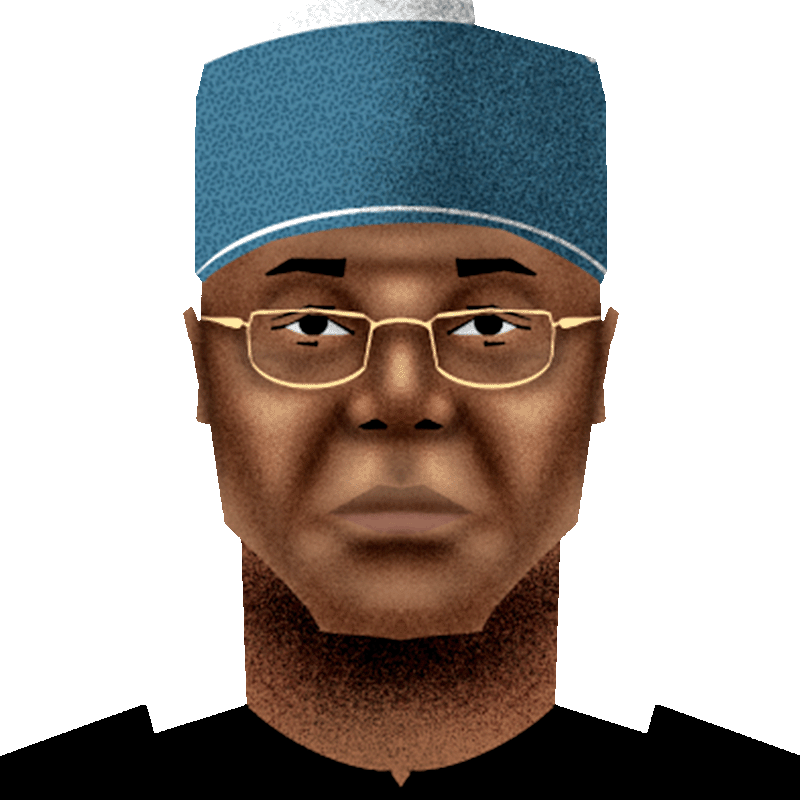
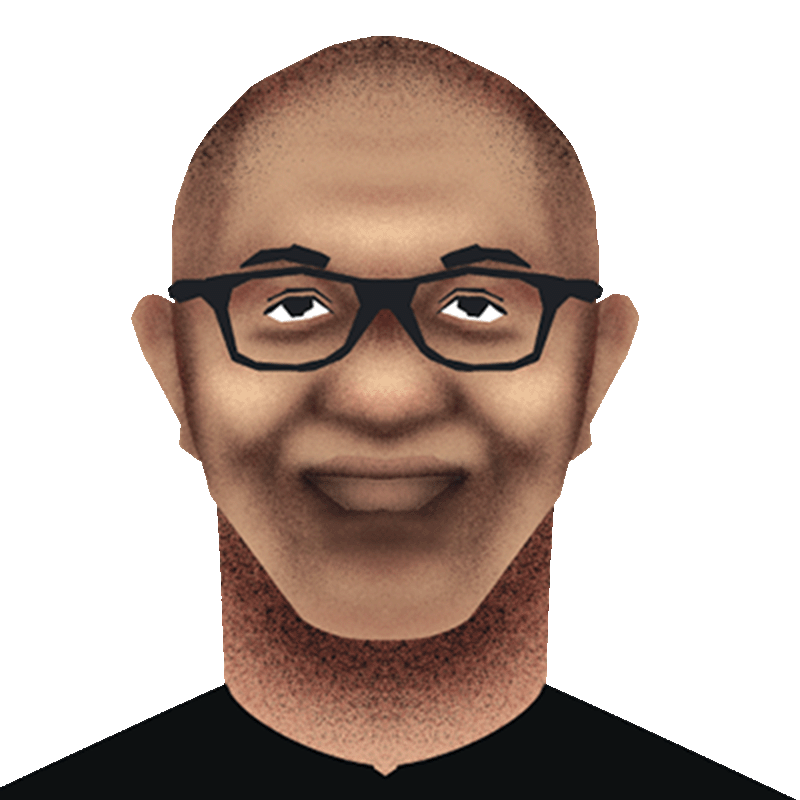
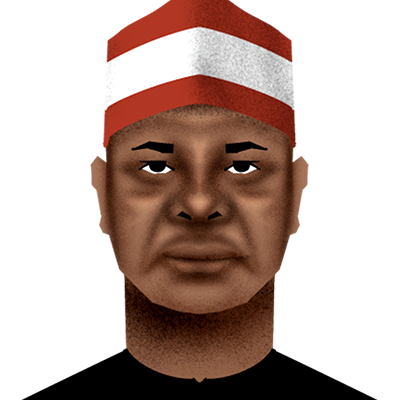


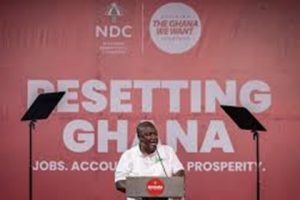









Add Comment